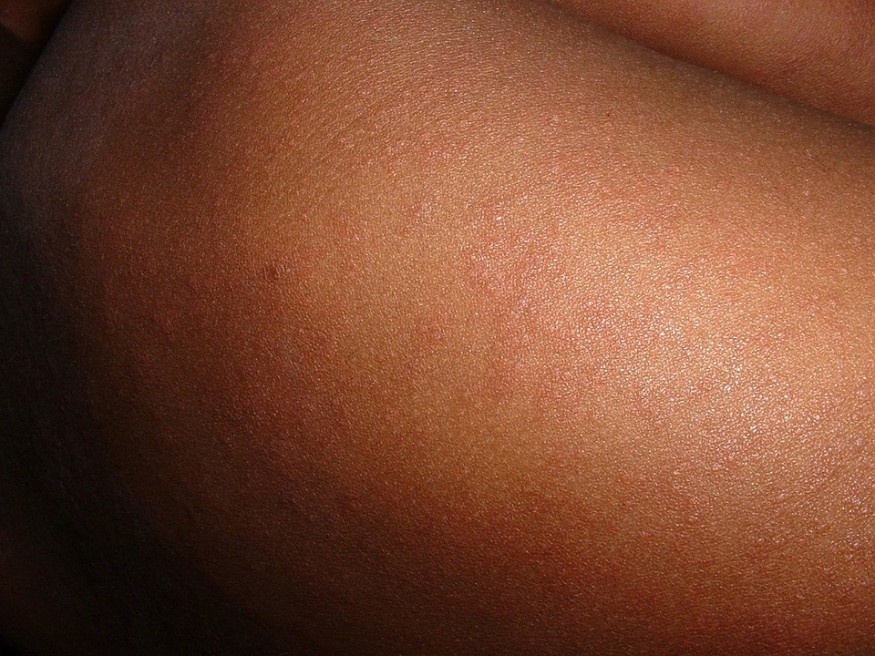
According to the World Health Organization (WHO), measles has killed more than 6,000 people in the Democratic Republic of Congo.
Last Tuesday, the organization called on international partners and agencies to increase resources to fight what it called the "world's worst measles epidemic."
The world's largest and fastest moving epidemic has killed three times as many people as Ebola in the Democratic Republic of Congo.
In addition to the 6,000 who have died, more than 310,000 cases were reported in the country since the beginning of 2019.
Even though the agency and its international partners have vaccinated 18 million Congolese children under the age of 5 against the disease, routine immunization coverage is still low across the DRC. According to WHO, 1 of 4 cases in the country occurred in children under 5, who are most vulnerable to the vaccine-preventable disease.
The Congolese government and WHO launched the emergency vaccination program last September.
Obstacles in stopping the spread of disease include poor infrastructure, attacks on health centers and a lack of access to routine healthcare.
In 2019, every one of the country's 26 provinces reported measles cases.
Matshidiso Moeti, WHO Regional Director for Africa, said they were making the best efforts to bring the epidemic under control. According to Moeti, "Yet to be truly successful we must ensure that no child faces the unnecessary risk of death from a disease that is easily preventable by a vaccine."
Another dilemma is the mistrust for medical professionals in some areas of the DRC, where measles vaccine rates remain low in locations guarded by armed militias, and workers' access to remote areas is difficult.
According to Dr. Amedee Prosper Djiguimde, the officer in charge of the DRC's WHO office, they recognize the government's engagement in the efforts to end the outbreak but there are still efforts to be made.
Other factors that aggravate the epidemic are malnutrition, weak public health systems and outbreaks of other epidemic-prone diseases.
According to the United Nations Children's Fund (UNICEF), vaccination was coverage was at 57 percent in 2018.
WHO has allocated $27.6 million, but a further $40 million is required for a six-month plan to extend vaccination to children between six and 14 years of age.
The six-month plan is also needed to reinforce elements of the outbreak response beyond vaccination, including improving treatment, health education, community engagement, health system strengthening, epidemiological surveillance and response coordination.
Lack of funding remains a huge impediment, they said in a statement. There is also less vaccination in areas where armed groups operate.
Measles can lead to pneumonia, brain swelling, and long-term disabilities. The virus spreads through coughing and sneezing and might stay within the air after a contaminated particular person has coughed or sneezed for as much as two hours.
However, Ebola in DRC has gained far more eyes internationally, especially after armed militias attacked health workers in November. The Ebola epidemic - the second largest and second deadliest outbreak of the illness in historical past - started in August 2018. It has resulted in the deaths of more than 2,231 people.
Last November, four health workers who were responding to the Ebola outbreak were killed in eastern Congo.
RELATED ARTICLE: Deadly Measles is Back in the US, But Why?
© 2025 NatureWorldNews.com All rights reserved. Do not reproduce without permission.





